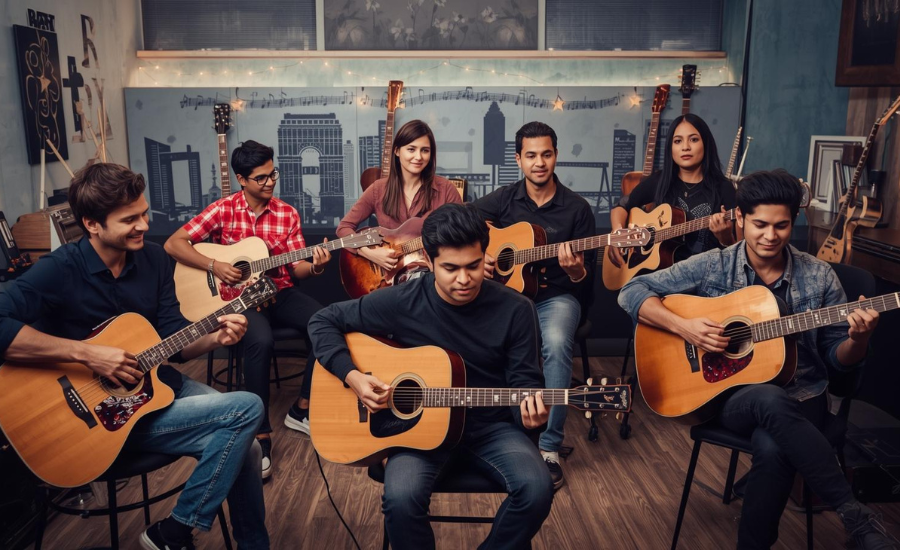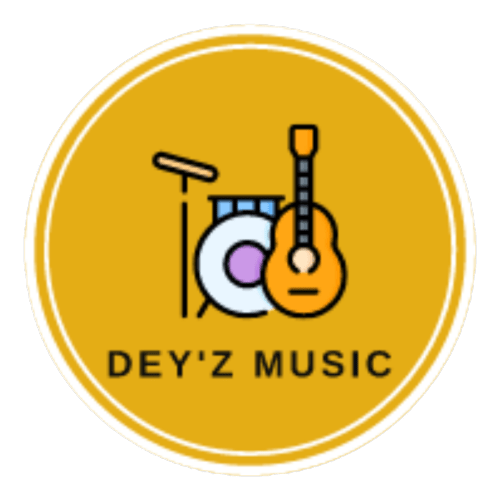For many, music begins as a simple joy—a stress-buster, a childhood curiosity, or a weekend hobby. But what if your passion could also become your profession? In today’s creative economy, turning your music classes into a full-fledged career is not just possible—it’s practical.
Whether you’re learning vocals, guitar, piano, or production, your journey from hobbyist to professional begins with the right mindset and structured guidance.
🎼 Step 1: Take Your Training Seriously
When music is just a hobby, you might skip practice or treat classes casually. But turning professional means discipline and commitment. It’s essential to:
- Attend classes regularly
- Practice consistently
- Learn theory along with performance
- Seek feedback from your instructor
If you’re in Mumbai, explore music institute in Mumbai that offer graded courses (like Trinity, ABRSM, or AR Rahman’s KM College) or certified training that prepares you for advanced-level performance.
🎹 Step 2: Define Your Direction
Music is a vast field. You can pursue careers in:
- Performing (singer, instrumentalist, band member)
- Teaching (private tutor, school music teacher)
- Production (music producer, sound engineer)
- Composition (film scores, jingles, original tracks)
- Music Therapy or Music Management
Talk to your mentors or professionals in the industry to understand what aligns with your strengths. This clarity helps you choose the right courses, internships, and platforms.
🎤 Step 3: Build Your Portfolio
Start small: record your practice sessions, perform at open mics, post videos on social media, or participate in local competitions. Over time, you can create:
- A performance reel
- A YouTube or Instagram presence
- Collaborations with other musicians
- Live gig experience
Your portfolio shows your growth, style, and seriousness—crucial when applying for music colleges or approaching clients.
🎧 Step 4: Learn the Business of Music
Being a professional musician isn’t just about talent—it’s also about knowing how to market yourself, network, and monetize your skills. Learn about:
- Branding and social media
- Copyrights and royalties
- Music distribution platforms (like Spotify, Apple Music)
- Event bookings and contracts
Consider short courses in music business or digital marketing to support your creative work.
🧑🎓 Step 5: Keep Learning & Evolving
Even professional musicians never stop learning. Attend masterclasses, explore new genres, and stay updated with technology like DAWs (Digital Audio Workstations), live streaming tools, and production software.
And if you’ve started as a student, consider becoming a certified teacher—a great way to earn while you continue your journey.
Final Note
Turning music from a hobby into a profession takes time, persistence, and passion. But with the right training, mindset, and exposure, you can absolutely build a rewarding career doing what you love.
So keep playing, keep learning—and let your hobby become your headline.





